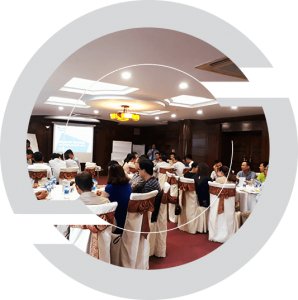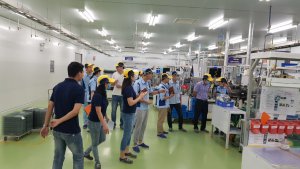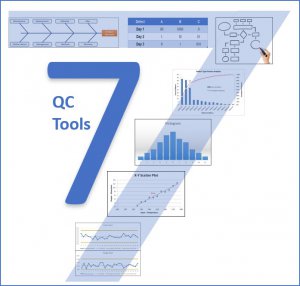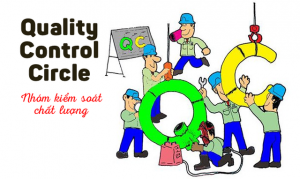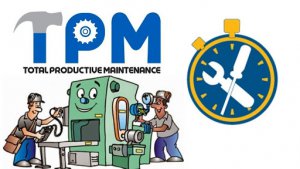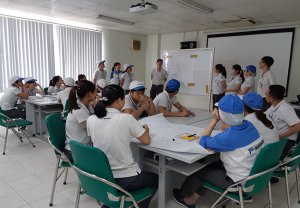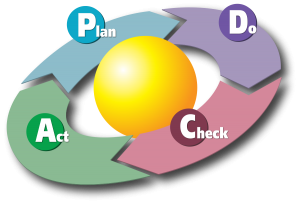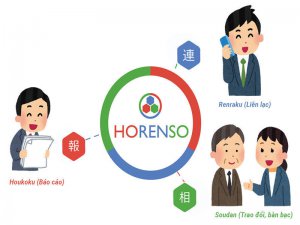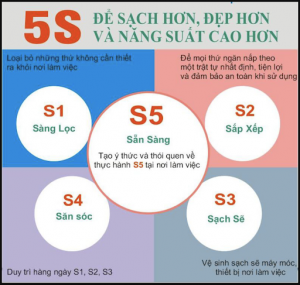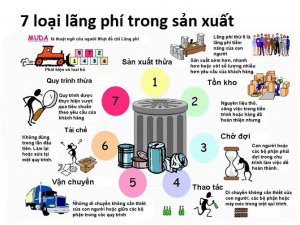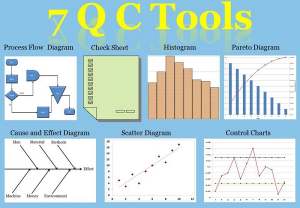Total quality management (TQM)
Total Quality Management – TQM (Total Quality Management) is a management method applied very popularly and effectively in Japan and other countries in the region.
- Do not you or all of your colleagues understand the total quality management process?
- Do not you understand the core principles of quality management?
- What are factors making for a truly quality product?
- What is your role – a manager in quality management?
The course “Total Quality Management – TQM” focuses on quality, continual quality improvement based on the participation of all members with the aim of lasting success through satisfaction of customers and benefits all members of the organization and society.

COURSE OVERVIEW
PURPOSE OF COURSE
- The overall understanding of the total quality management process.
- Outline the development strategy of the quality control system
- Improve the quality assurance to maximize customer satisfaction.
TRAINING CONTENT IN THE COURSE
Topic 1: Consider roles based on customer’s perspective
- Overview of TQM (Total quality management)
- Consider who your customers are
- Understand the role of the company and of yourself
- Practice 1: Define the services to be provided to customers, then define the role of the company and the yourself
Topic 2: Self-control with the CAP-Do
- Take control every day with self-control
- Define daily management goals and purposes
- Describe the performance standards
- Rotate the CAP-Do cycle in daily activities
- Practice 2: Make control points and rotate the CAP-Do
Topic 3: Daily problem solving
- Solve problems in the actual place according to the method
- Table of 5 principles when solving problems (finding the problem, understandinng the current situation, analyzing the causes, choosing the solutions and potential analysis, confirming the effectiveness)
- CAP-Do tutorial and rotation for the alternator
- Practice 3: Apply the table of 5 principles to solve problems that occur daily
Topic 4: Set the topic and rotate the PDCA
- The relationship between the daily management and policy management
- The process for reporting policy and action plan
- Y-Gaya group meeting, sharing ideas and topics
- Understand the general policies of the company
- Specify policies from the company to the departments and divisions
- Practice 4: Specify policies from the company to the departments and divisions
Topic 5: Planning of action
- Outline ideas to set up topics based on a DST (Draw – See – Think) circle
- Make action plan for yourself
- The PDCA circle for your own goals and methods, evaluating the PDCA group
- Practice 5: Circle PDCA according to the topic identified in the previous lesson
Topic 6: The actual result report and summary
- Guideline for monthly reports
- Instructions for writing PDCA
- 7 habits of TQM
- Practice 6: Make monthly reports
Course review, action plan and certification
FEEDBACK










